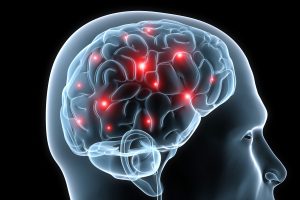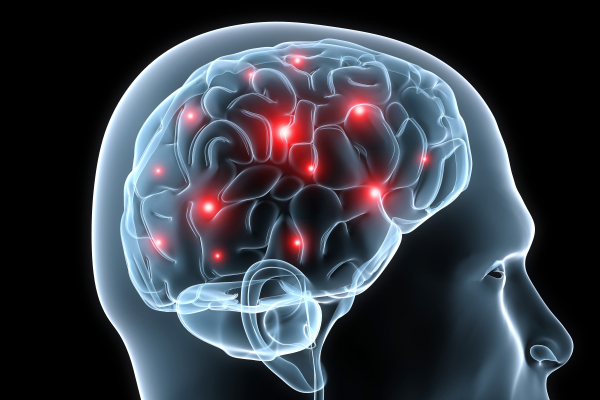
Traumatic Brain Injury (TBI) often occurs due to blows to the head, falls, vehicle accidents and sports-related incidents. Brain trauma can also be caused by medical conditions such as a stroke, tumor, aneurism, meningitis and cerebral palsy.
“How many fingers am I holding up?” and “can you follow my finger with your eyes?” are often asked to assess a person’s vision after they endure a head injury, such as a concussion. However, a recent study found that 90 percent of head trauma victims need vision care, and the “finger gauge” is not an accurate way to check the victim’s vision.
More than 80 percent of what we learn is visual, with the brain and eyes working together as a team. If the brain endures an injury, it can disrupt one’s vision, and also comprehension, memory and motor skills, as well as other important functions of the body. Unfortunately, vision problems are often overlooked in the initial evaluation of head trauma as minor and are simply expected to improve overtime.
We encourage you to not ignore the visual symptoms of head trauma and to see a vision specialist as soon as possible following the injury. Some visual problems can become permanent if left untreated. Visual symptoms that can often occur as a result of a head trauma include:
- Blurred vision
- Double vision
- Sensitivity to light
- Memory issues
- Spatial disorientation
- Aching eyes
- Headaches
- Comprehension problems
- Attention and concentration deficits
- Difficulty reading
- Inability to maintain eye contact
- Perceived movement of stationary objects
- Dizziness, nausea and motion sickness
- Diminished depth perception and peripheral vision
- Difficulty maintaining balance
Fortunately, all of these symptoms can be treated with our vision rehabilitation services, such as vision therapy, corrective lenses and light therapy.
If your child has experienced an injury of any kind involving his or her head, we encourage you to call us as soon as possible. At Vision for Life, we have a wide variety of options available to ease and improve any of your child’s vision symptoms related to their brain injury. Every child reacts differently to a brain trauma; therefore, we will make a complete assessment of his or her injury to find the best vision therapy treatment for your child. Our vision therapy works much like physical therapy, in that we use age-appropriate exercises and activities to retrain the eyes and brain to work together as a team following a patient’s trauma.
No brain trauma is too minor or too massive to seek help. Don’t wait. If your child endures an injury to the head, call us promptly at 618-288-1489 or contact us here to schedule a vision assessment.
